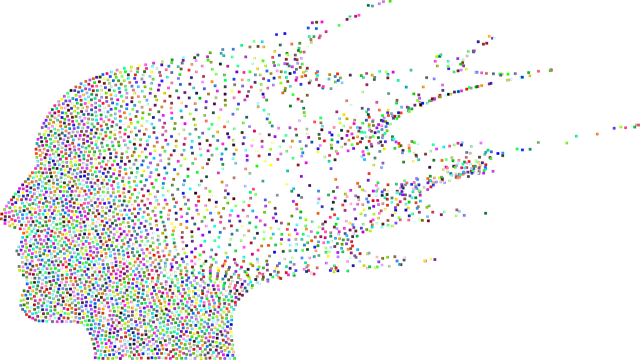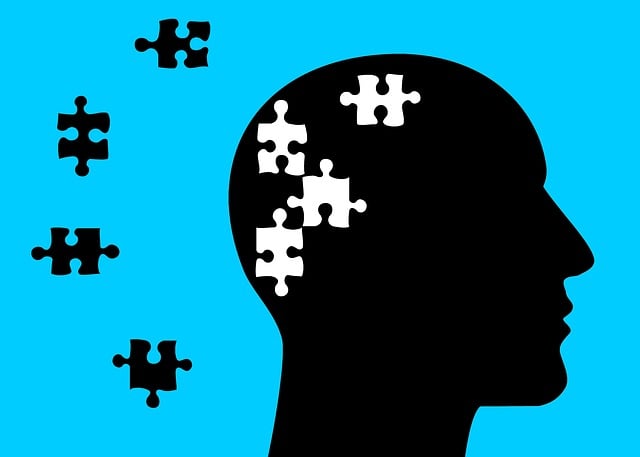Longmont Cognitive Behavioral Therapy (CBT) offers specialized support for individuals experiencing loss, grief, and bereavement. CBT focuses on modifying negative thought patterns, providing structured stress reduction techniques, and fostering adaptability. By addressing emotional aftermath and promoting healthy coping mechanisms, CBT aids clients in improving self-esteem, processing emotions, and developing resilience. This holistic approach, coupled with public awareness campaigns and cultural sensitivity, equips individuals to navigate their grief journeys with enhanced emotional well-being, making Longmont a leading destination for evidence-based grief therapy.
Loss, grief, and bereavement are universal human experiences that can profoundly impact our emotional and mental well-being. This article explores the critical role of counseling in navigating these challenging phases. We delve into understanding loss, its stages, and the therapeutic benefits of Longmont Cognitive Behavioral Therapy (CBT) in managing grief. By examining common challenges and personalizing CBT techniques, we highlight how access to quality grief therapy services in Longmont can provide vital support for those healing from loss.
- Understanding Loss, Grief, and Bereavement: A Foundation for Counseling
- The Role of Cognitive Behavioral Therapy (CBT) in Grieving Process
- Identifying and Addressing Common Challenges in Grief Support
- Personalizing CBT Techniques for Effective Loss Counseling
- Longmont as a Hub for Accessing Quality Grief Therapy Services
Understanding Loss, Grief, and Bereavement: A Foundation for Counseling

Understanding loss, grief, and bereavement is fundamental when it comes to providing effective counseling services in Longmont Cognitive Behavioral Therapy (CBT) settings. Loss can stem from various sources, including the death of a loved one, major life transitions, or even unexpected changes. Grief, a natural response to loss, involves a range of complex emotions and physical sensations that differ for each individual. It’s not simply a process of time healing all wounds; it’s a journey with peaks and valleys. Bereavement, on the other hand, refers to the state of being after a significant loss, where individuals navigate the impact of their absence in their lives.
CBT therapy offers a structured approach to help clients make sense of these emotions and adapt to their new reality. By employing evidence-based techniques, counselors facilitate stress reduction methods tailored to each client’s needs. They guide individuals through identifying and challenging negative thought patterns that may arise during this difficult period, fostering a more adaptive and resilient mindset. Moreover, mental health policy analysis and advocacy play a crucial role in ensuring accessible and inclusive grief counseling services, contributing to broader Mental Health Awareness initiatives within the community.
The Role of Cognitive Behavioral Therapy (CBT) in Grieving Process

The grieving process is a complex journey, and Cognitive Behavioral Therapy (CBT) offers a structured approach to help individuals navigate this challenging phase. CBT provides effective tools for managing loss-related grief by focusing on identifying and modifying negative thought patterns and behaviors. This therapy helps clients challenge unhelpful beliefs and replace them with more adaptive ones, thereby improving their emotional well-being during bereavement.
Longmont Cognitive Behavioral Therapy (CBT) offers specialized guidance in times of crisis, empowering individuals to cope with grief and enhance their mental health. By addressing the emotional aftermath of loss, this therapy facilitates self-esteem improvement and provides valuable mental health education. The process enables people to process their emotions, gain perspective, and develop healthy coping mechanisms, ensuring better long-term adjustment following a significant loss.
Identifying and Addressing Common Challenges in Grief Support

Grief support is a complex field, with many individuals facing unique challenges during their journey of loss and bereavement. Common obstacles include intense emotions such as anger, guilt, and profound sadness, which can be overwhelming and confusing. Longmont Cognitive Behavioral Therapy (CBT) offers a structured approach to address these issues by helping clients identify negative thought patterns and replace them with healthier coping mechanisms. CBT focuses on the connection between thoughts, feelings, and behaviors, enabling individuals to manage their emotions more effectively.
Additionally, incorporating stress reduction methods like mindfulness meditation and relaxation techniques can be immensely beneficial. Public awareness campaigns development has played a vital role in normalizing conversations around grief, while compassion cultivation practices foster empathy and understanding among support systems. These strategies collectively contribute to a holistic approach in counseling, ensuring individuals receive the necessary tools to navigate their grief journey with greater resilience and emotional well-being.
Personalizing CBT Techniques for Effective Loss Counseling

In the context of Loss, Grief, and Bereavement counseling, personalizing Cognitive Behavioral Therapy (Longmont Cognitive Behavioral Therapy) techniques is key to effective support. Each individual’s grief journey is unique, influenced by cultural backgrounds, personal beliefs, and coping mechanisms. Therapists play a vital role in tailoring these evidence-based practices to meet the specific needs of their clients. By incorporating strategies like cognitive reframing, behavioral activation, and problem-solving, counselors can help individuals challenge negative thought patterns related to loss, encourage engaging in meaningful activities, and gradually adapt to life without their loved ones.
Cultural sensitivity in mental healthcare practice is a critical aspect that should be considered during this process. Recognizing and respecting diverse cultural perspectives on death and mourning allows therapists to create a safe and inclusive environment for clients from various backgrounds. Moreover, focusing on self-esteem improvement and stress reduction methods can significantly contribute to the healing process. Through personalized CBT, individuals can develop healthy coping strategies, enhance their sense of worth, and navigate the challenging journey of bereavement with greater resilience.
Longmont as a Hub for Accessing Quality Grief Therapy Services

Longmont stands out as a hub for individuals seeking quality grief therapy services. With numerous mental health professionals offering specialized counseling in cognitive behavioral therapy (CBT), residents have access to evidence-based practices that effectively address loss, grief, and bereavement. CBT helps clients develop coping skills, navigate the complex emotions associated with loss, and cultivate resilience.
In this supportive environment, mindfulness meditation often plays a complementary role, promoting inner calm and emotional regulation. Additionally, healthcare providers in Longmont can benefit from burnout prevention strategies tailored to their unique challenges. By prioritizing self-care and integrating effective therapy techniques, both clients and caregivers can find solace and support during difficult times.
Loss, grief, and bereavement counseling are vital services that can greatly enhance one’s ability to navigate the complexities of these emotional journeys. By combining foundational knowledge with evidence-based practices like Longmont Cognitive Behavioral Therapy (CBT), therapists can offer tailored support that addresses unique challenges. Longmont stands out as a hub for accessing quality grief therapy services, providing individuals and families with the tools necessary to heal and find meaning in their experiences.










